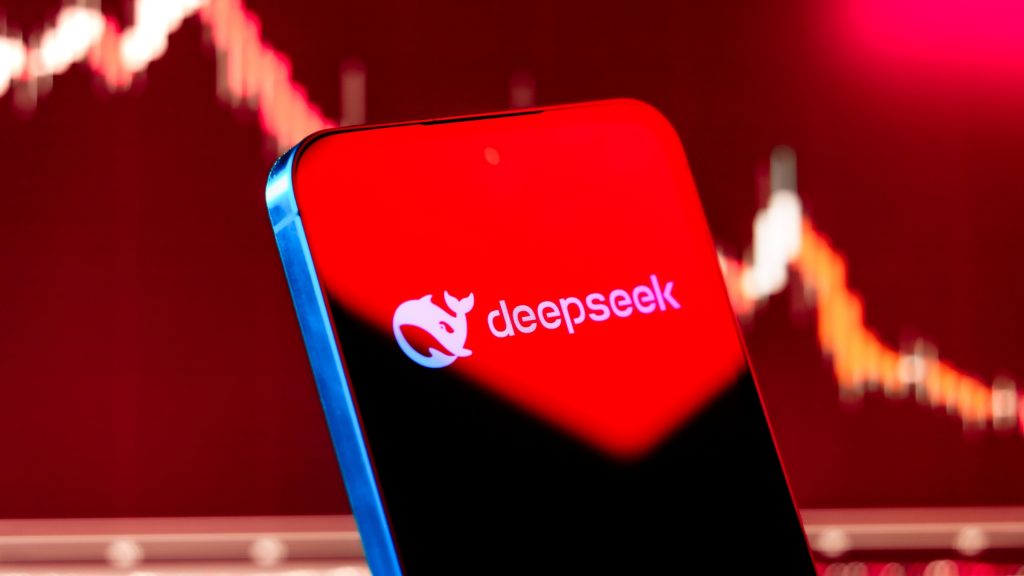
On Thursday, Democratic House representatives Josh Gottheimer. and Republican Darin LaHood introduced the “No DeepSeek on Government Devices Act”, ensuring that AI banned model would give power to Beijing to exploit the app for surveillance and misinformation.
The bill follows DeepSeek’s generative AI ban that is taking place due to the company’s rival to American AI systems from companies like OpenAI, Meta, and Alphabet, reportedly at a lower cost. A research, “DeepSeek-R1: Incentivizing Reasoning Capability in LLMs via Reinforcement Learning” raised concerns over the app’s data collection methods, including discussions among policymakers and technology leaders.
“The Chinese Communist Party has made it abundantly clear that it will exploit any tool at its disposal to undermine our national security, spew harmful disinformation, and collect data on Americans,” Gottheimer said, adding, “We simply can’t risk the CCP infiltrating the devices of our government officials and jeopardizing our national security.”
Congress is clamping down harder on Chinese tech companies, such barring TikTok from government issued devices and placing limits on the role Huawei may play in US networks. Lawmakers are also pulling their weight to impose broader restrictions on how DeepSeek’s AI should be banned and further limiting China’s access to US markets.
AI Banned for Selective Uses
It is no question that DeepSeek’s AI will be banned, falling under the technological and trade battle between the US and China, with lawmakers citing their national security concerns, with critics reflecting whether the US is applying such restrictions fairly.
Security researchers at Feroot previously found that DeepSeek’s code could send certain user login details to a Chinese state owned telecom firm that is banned in the US Gottheimer believes this is enough reason to remove the app from federal networks.
“Americans should know the impact on their personal privacy and data, especially because we know that Americans are sharing proprietary information on AI chatbots, highly sensitive information, documents, contracts, and the like,” he told the Associated Press.
If Chinese apps are replicas of American ones, should the decision to ban generative AI modelonly apply to foreign apps? If China’s accused of using technology to spy on citizens, US companies in parallel are also collecting vast volumes of user data for commercial and intelligence uses, and in some cases, military.
If it is about national security, why not accord similar search to American firms? The selective way in which the government has been going about the ban open-source AI DeepSeek model reflects the fact that these bans are less about user protection and more a way to keep digital ecosystems in check. And as AI continues to evolve, so will debate over who gets to dominate the digital space and which AI banned company will say its last goodbye.
Inside Telecom provides you with an extensive list of content covering all aspects of the tech industry. Keep an eye on our Tech sections to stay informed and up-to-date with our daily articles.